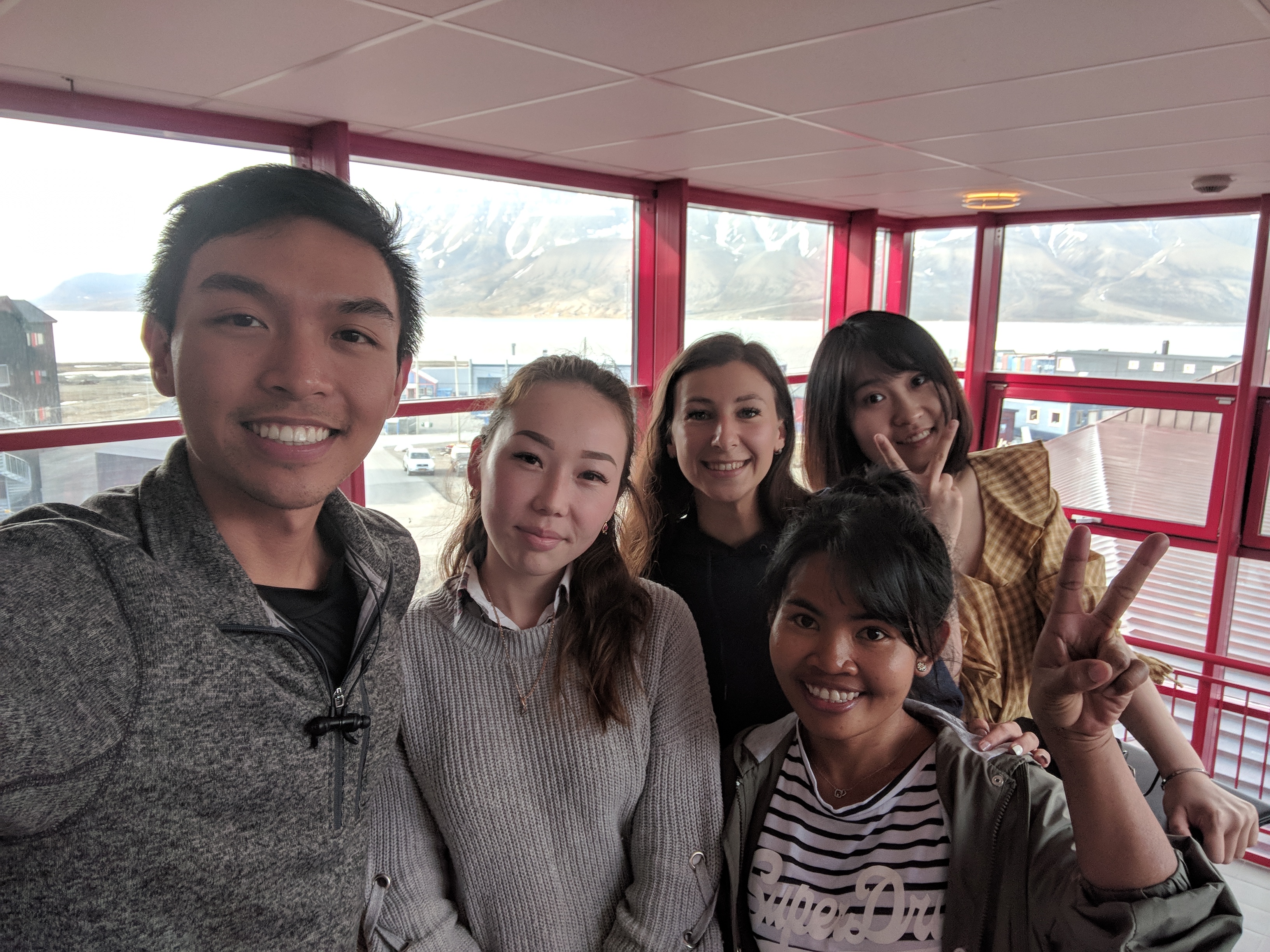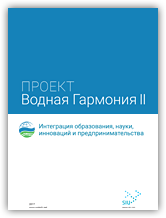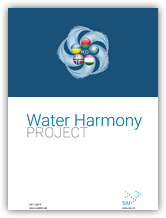 From 17th of June till 6th of July 68 participants (37 MSc, 10 PostDocs and 21 students) joined the Water Harmony Summer School – 2018. Participants were from 17 countries (Bangladesh, Belarus, Cambodia, Canada, Denmark, Ethiopia, Kazakhstan, Kenya, Kyrgyzstan, Moldova, Norway, South Sudan, Sri Lanka, Tajikistan, Uganda, Ukraine, USA) and presented 5 Projects:
From 17th of June till 6th of July 68 participants (37 MSc, 10 PostDocs and 21 students) joined the Water Harmony Summer School – 2018. Participants were from 17 countries (Bangladesh, Belarus, Cambodia, Canada, Denmark, Ethiopia, Kazakhstan, Kenya, Kyrgyzstan, Moldova, Norway, South Sudan, Sri Lanka, Tajikistan, Uganda, Ukraine, USA) and presented 5 Projects:
- Tenor (tenorproject.eu)
- WaSo Africa (wasoproject.org)
- WaSo Asia (wasoproject.org)
- Water Harmony II (waterh.net)
- Water Magic (watermagic.org).
Candidates were selected through competitive selection (according to the results of the testing (English and knowledge in the field of Water and Wastewater treatment), in which all interested persons could take part.
The agenda was built in the way when part of the participants (the WaSo students and Postdocs went to University of Southeast Norway in Bø (USN), while all other went to Svalbard. The students traveled to Svalbard took the THT 312 course during the first week, and the last 2 weeks were spent and NMBU, where they followed the THT 311 course.
One of the participants, Olha Kykot from Cherkasy State Tech University shares her experience:
“Studding in the summer… Sounds not very attractive and fun. But the Water Harmony school has shown that it can be just exciting. Three weeks of training in Norway is a huge amount of positive emotions, interesting lectures, experienced teachers, new acquaintances, international team, impressive trips and lots of unforgettable experiences.
The concept of Norwegian lectures was quite different from the usual Ukrainian ones. There were lectures in the form of a presentation that provided visibility and more interest of the audience. Of course, software and hardware is at the highest level. But this only means that Ukraine has something to strive for and has a goal for growing.
Having completed Summer School 2018 in Norway, I understand how important cooperation with other nations is to achieve our common goal – making water safe and affordable resource for every inhabitant of our planet”.



